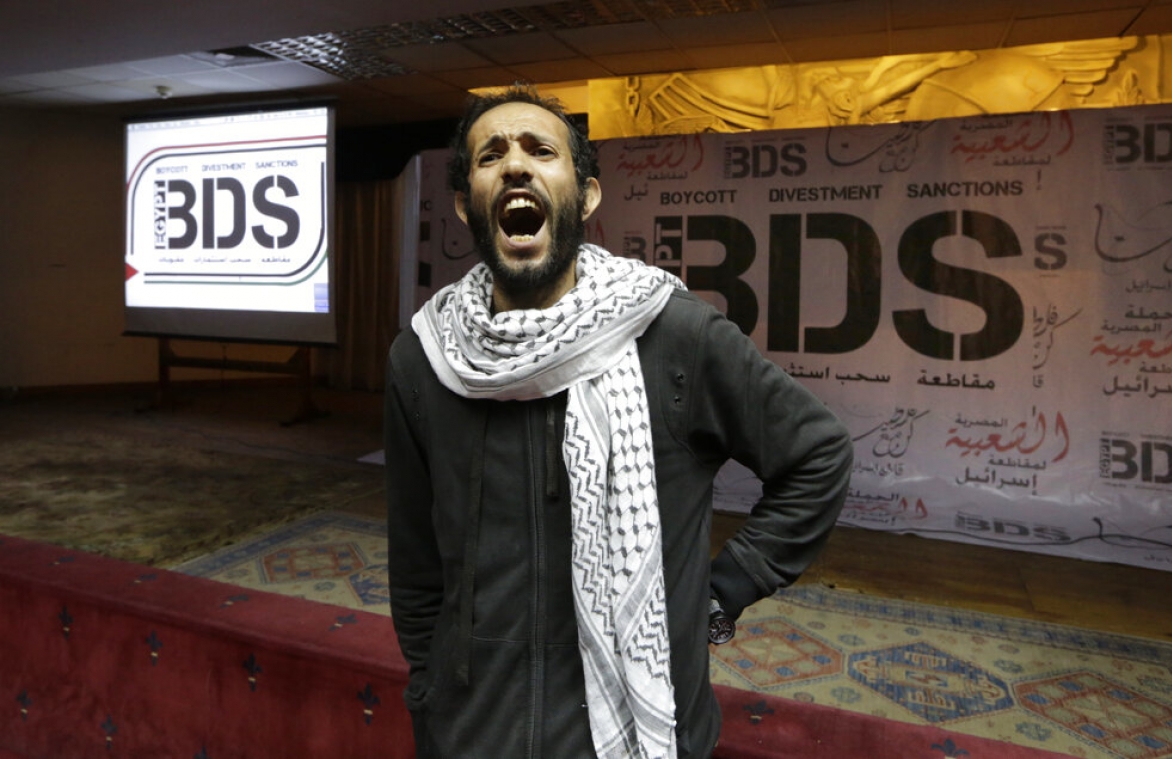An Arkansas law that prohibited public entities from contracting with companies that boycott Israel imposes unconstitutional conditions and violates the First Amendment, a divided federal appeals court has ruled.
In 2017, Arkansas enacted a law that provided in part:
(a) Except as provided under subsection (b) of this section, a public entity shall not:
(1) Enter into a contract with a company to acquire or dispose of services, supplies, information technology, or construction unless the contract includes a written certification that the person or company is not currently engaged in, and agrees for the duration of the contract not to engage in, a boycott of Israel; or
(2) Engage in boycotts of Israel.
For many years, the Arkansas Times, a weekly newspaper, contracted with Pulaski Technical College, a college in North Little Rock, Ark., to run advertisements for the school. In 2017, Pulaski Tech became part of the public University of Arkansas system. This required the Arkansas Times to work with the University of Arkansas Board of Trustees. The board required the Arkansas Times to certify that it would not sign contracts with companies that boycott Israel. The Arkansas Times refused and filed a lawsuit in federal court, contending that the law violated the First Amendment.
A federal district court dismissed the lawsuit, ruling that a boycott of Israel was not a form of speech protected by the First Amendment. According to the district court, the law only limited commercial activity or conduct, not speech. On appeal, a three-judge panel of the 8thU.S. Circuit Court of Appeals reversed in Arkansas Times LP v. Waldrip, finding 2-1 that the act imposed conditions on companies that implicated their First Amendment rights.
The 8th Circuit reasoned that the law triggered the First Amendment because it limited what a company may say or do in support of a boycott. “In this way, the Act implicates the First Amendment rights of speech, assembly, association, and petition recognized to be constitutionally protected boycott activity,” the appeals court panel majority wrote.
“Relying on the ordinary meaning of ‘boycott,’ a contractor could readily conclude that it was prohibited from both refusing to economically engage with Israel and supporting or promoting a boycott of Israel or Israeli-goods,” the 8th Circuit said. “A contractor that does not want to risk violating the terms of its contract would likely refrain even from activity that is constitutionally protected.”
The 8th Circuit reasoned that “supporting or promoting boycotts of Israel is constitutionally protected” under the U.S. Supreme Court’s decision in NAACP v. Claiborne Hardware Co. (1982). In that decision, the Court ruled that Charles Evers, the brother of slain civil rights leader Medgar Evers, had a First Amendment right to use intemperate language in urging African-American citizens to boycott businesses that promoted discriminatory policies. The decision meant that the government could not prohibit speech that encouraged people to engage in a boycott.
Judge Jonathan A. Kobes dissented, arguing that the law limited only commercial conduct, not political speech.
David L. Hudson Jr. is a professor at Belmont University College of Law who writes and speaks regularly on First Amendment issues. He is the author of Let the Students Speak: A History of the Fight for Free Expression in American Schools (Beacon Press, 2011), and of First Amendment: Freedom of Speech(2012). Hudson is also the author of a 12-part lecture series, Freedom of Speech: Understanding the First Amendment (2018), and a 24-part lecture series, The American Constitution 101 (2019).

